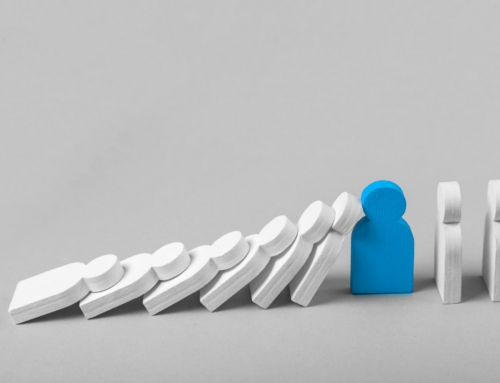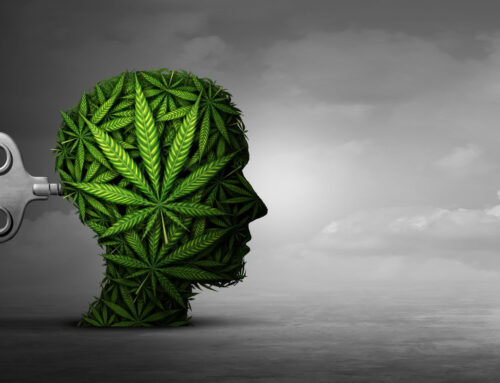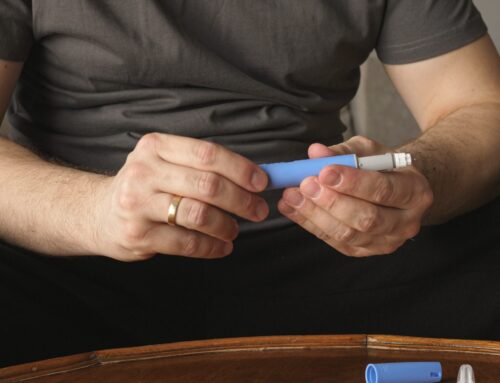Understanding the Benefits of Opioid Substitution

For Some Opioid Users, Opioid Substitution is Not An Act of Faith, It’s An Act of Courage
In our practice, we always try to meet the patient where they’re at: this is not a tired cliché for us…we really do. We have the challenge of dealing with young people in the prime of life were it not for a terrible IV heroin problem and a tendency to suddenly reject effective and perfectly reasonable treatments and efforts to help them avoid incredible hardship up to and including death.
It is rare in these times to meet a patient who has not tried buprenorphine, either off the street or prescribed. Fewer have ever tried methadone – mostly due to stigma, lack of access, unwilling or unable to show up every morning to dose. Methadone clinics are also often depressing and in a shady part of town. I hear from some practitioners that they have great success treating patients with buprenorphine and methadone, but then I hear that patients who are not conforming to their practice standards are dismissed from their practice – the definition of selection bias. My point is so many of these folks have tried an effective opioid substitution medication, yet they are not making a commitment to stay on these medications.
It’s easy to say, “they are not properly motivated,” or “they don’t have appropriate access,” or “they are victims of stigma”…all true. But what I also find, and what is often not discussed are the following: many addicted opioid users completely reject the notion of being indefinitely yoked to opioid substitution therapy and many subscribe to the belief that they should be able to “behave” their way out of an opioid addiction without any medical support. In short, they don’t want it and they don’t believe in it. Crossing the threshold into a prolonged course of opioid substitution therapy is a life changing, and life defining event. Arguments by analogy such as opioid substitution for opioid addiction is like insulin for diabetes often fall flat.
I contend this has less to do with the influence of abstinence-based and 12 Step philosophies and is tied up in rejection of medical science and an almost hard-wired belief in the power of mind and spirit over the body. Abstinence-based philosophies are belief systems that validate these biases and give comfort to those who are trying to behave their way out of their suffering. In truth, some do manage to find success on this path and all are entitled to try.
It’s very difficult for people on opioid substitution to live in two worlds: one supported by belief in a spiritual solution and one on science. Much of what is available to them in the form of recovery support and positive human connection encourages them to engage in beliefs that at their core maintain the final victory over addiction resides in spiritual transformation and not repairing or managing a chronic medical problem. It’s further reinforced by individuals who are living examples of folks who have maintained abstinence from substances for years and are the most compelling story tellers. It’s a constant exercise in cognitive dissonance and, like one of my Catholic school teachers once told me, “you take the good with the bad, and sometimes none of it makes sense.”
There is no question that for some accepting and committing to medical treatment for opioid addiction is an act of courage. It involves three important acts of courage: suppressing mind-body dualism in favor of a holistic “bodymind” paradigm (I am both together); challenging the socially accepted notion that faith is the primary vehicle by which health and well-being can be achieved and possibly being because of it; and accepting that medical science, with all its imperfections, can provide safe and effective means by which you can achieve long term recovery.
CARMAHEALTH TESTIMONIAL
This place was great for me my life has changed an I feel great now. Thanks Carma!
Dr. Powell is amazing, as well as the staff. I would highly recommend this place to anyone.
Excellent mental health professionals in Austin!!! They truly care about their patients by offering first-class services!!
OPENING HOURS
| Week Days | 8:00 – 5:00 |
| Saturday | Closed |
| Sunday | Closed |




